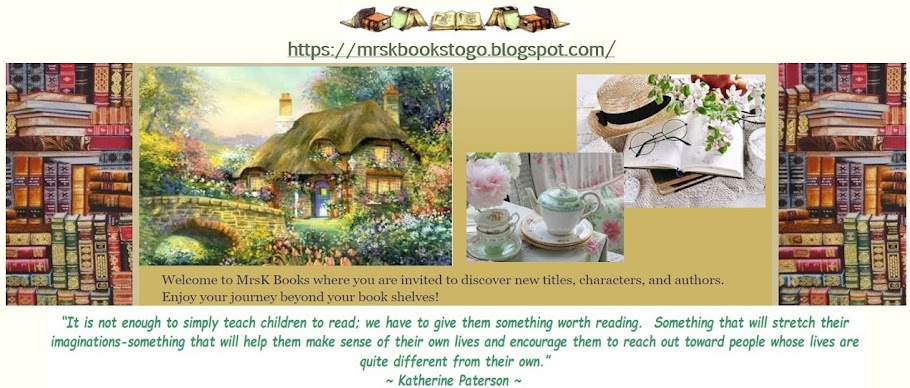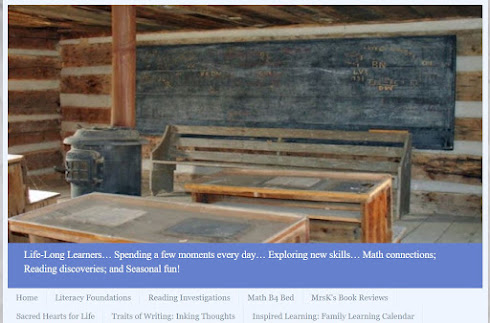ISBN: 9780143121701
Publisher's Synopsis:
Writing at the height of her narrative and imaginative gifts, Sue Monk Kidd presents a masterpiece of hope, daring, the quest for freedom, and the desire to have a voice in the world—and it is now the newest Oprah’s Book Club 2.0 selection.
Hetty “Handful” Grimke, an urban slave in early nineteenth century Charleston, yearns for life beyond the suffocating walls that enclose her within the wealthy Grimke household. The Grimke’s daughter, Sarah, has known from an early age she is meant to do something large in the world, but she is hemmed in by the limits imposed on women.
Kidd’s sweeping novel is set in motion on Sarah’s eleventh birthday, when she is given ownership of ten year old Handful, who is to be her handmaid. We follow their remarkable journeys over the next thirty five years, as both strive for a life of their own, dramatically shaping each other’s destinies and forming a complex relationship marked by guilt, defiance, estrangement and the uneasy ways of love.
As the stories build to a riveting climax, Handful will endure loss and sorrow, finding courage and a sense of self in the process. Sarah will experience crushed hopes, betrayal, unrequited love, and ostracism before leaving Charleston to find her place alongside her fearless younger sister, Angelina, as one of the early pioneers in the abolition and women’s rights movements.
Inspired by the historical figure of Sarah Grimke, Kidd goes beyond the record to flesh out the rich interior lives of all of her characters, both real and invented, including Handful’s cunning mother, Charlotte, who courts danger in her search for something better.
This exquisitely written novel is a triumph of storytelling that looks with unswerving eyes at a devastating wound in American history, through women whose struggles for liberation, empowerment, and expression will leave no reader unmoved.
Hetty “Handful” Grimke, an urban slave in early nineteenth century Charleston, yearns for life beyond the suffocating walls that enclose her within the wealthy Grimke household. The Grimke’s daughter, Sarah, has known from an early age she is meant to do something large in the world, but she is hemmed in by the limits imposed on women.
Kidd’s sweeping novel is set in motion on Sarah’s eleventh birthday, when she is given ownership of ten year old Handful, who is to be her handmaid. We follow their remarkable journeys over the next thirty five years, as both strive for a life of their own, dramatically shaping each other’s destinies and forming a complex relationship marked by guilt, defiance, estrangement and the uneasy ways of love.
As the stories build to a riveting climax, Handful will endure loss and sorrow, finding courage and a sense of self in the process. Sarah will experience crushed hopes, betrayal, unrequited love, and ostracism before leaving Charleston to find her place alongside her fearless younger sister, Angelina, as one of the early pioneers in the abolition and women’s rights movements.
Inspired by the historical figure of Sarah Grimke, Kidd goes beyond the record to flesh out the rich interior lives of all of her characters, both real and invented, including Handful’s cunning mother, Charlotte, who courts danger in her search for something better.
This exquisitely written novel is a triumph of storytelling that looks with unswerving eyes at a devastating wound in American history, through women whose struggles for liberation, empowerment, and expression will leave no reader unmoved.
"There was a time in Africa the people could fly."
MrsK's Review:
For Hetty living on the "scarce side of mercy," would not be her choice. Living on someone property and being a slave meant that others would find a way to keep you from "flying" free. There were so many rules about stealing, disobedience, laziness, and noise. Even though having been placed in the main house, Hetty will be pushed beyond acceptance of her "good" fortune.
Sarah was growing up in a three story home in Charleston. Her father was a judge and had fought with Washington. Elite and upper class doesn't necessarily mean happiness reigns in one's home. In November of 1803, on her eleventh birthday, Sarah decides that she would draft a manumission document for Hetty. She wanted to ownership of another's life. She didn't approve of slavery or the horrors of what an owner could enforce upon a slave.
Nina is Sarah's sister. Determined to follow in her sister's foot steps, she will be the voice at home that will try to bring about a change in the south. Through their correspondence, insights about the struggles to end slavery provides the depth of their character, their destiny, and their choices.
With in every life, there are those cross-road decisions that will alter the path that one once hoped in. For Hetty, it will be her mother running away. For Sarah it will be an opportunity to "strike" out against slavery, a destiny that began with the penning of Hetty's manumission. For Nina, it will be the insightfulness of Sarah's letters that leads her to Philadelphia.
By 1821, all three of these women will be on separate paths. Each one begins their search for a "voice" that would match their "yearnings" and make a difference. Neither will achieve their goals for they are only on the verge of a maturity which begins clarity to one's path. In 1832, Philadelphia, Sarah will be learning how her faith and an anti-slavery voice could be heard. While Hetty, will be living through the "terror" between pro-slavery and radical abolition with Nina.
By 1838, Nina has joined Sarah and both ladies will become strong voices against slavery. Their witness and writings will create such a following, and yet... such a fear in Charleston that they will be banned from ever returning to their home. For Hetty, the time has come for her and Sky to leave or "die trying."
Historical fiction isn't always a journey that is easy to travel. When it is so well written, the character voices resonate with in you to a point of no return. You make a choice to adopt their voice of reasoning and then... then you make a change.
Excellent reading,
MrsK
Excellent reading,
MrsK
"How does one hear the voice of God?"
Meet the Author:
 SUE MONK KIDD was raised in the small town of Sylvester, Georgia. She graduated from Texas Christian University in 1970 and later took creative writing courses at Emory University and Anderson College, as well as studying at Sewanee, Bread Loaf, and other writers’ conferences. In her forties, Kidd turned her attention to writing fiction, winning the South Carolina Fellowship in Literature and the 1996 Poets & Writers Exchange Program in Fiction.
SUE MONK KIDD was raised in the small town of Sylvester, Georgia. She graduated from Texas Christian University in 1970 and later took creative writing courses at Emory University and Anderson College, as well as studying at Sewanee, Bread Loaf, and other writers’ conferences. In her forties, Kidd turned her attention to writing fiction, winning the South Carolina Fellowship in Literature and the 1996 Poets & Writers Exchange Program in Fiction.When her first novel, The Secret Life of Bees, was published by Viking in 2002, it became a genuine literary phenomenon, spending more than 2½ years on the New York Times bestseller list. It has been translated into 36 languages and sold more than 6 million copies in the U.S. and 8 million copies worldwide. Bees was named the Book Sense Paperback Book of the Year in 2004, long-listed for the 2002 Orange Prize in England, and won numerous awards.
The Mermaid Chair spent 24 weeks on the New York Times hardcover bestseller list, reaching the #1 position, and spent 22 weeks on the New York Times trade paperback list. She is also the author of several acclaimed memoirs, including the New York Times bestseller Traveling with Pomegranates, written with her daughter, Ann Kidd Taylor. Kidd lives in Florida with her husband.





No comments:
Post a Comment